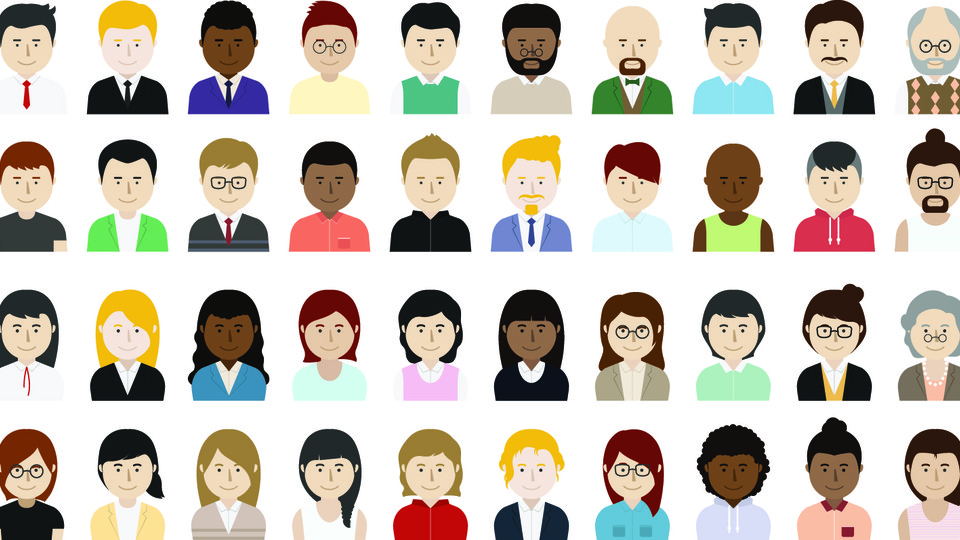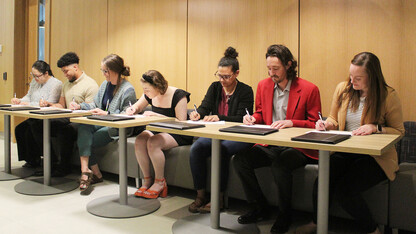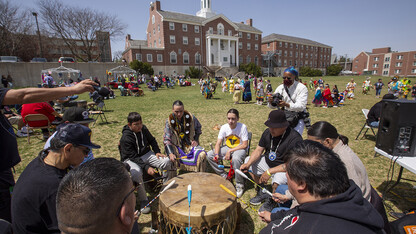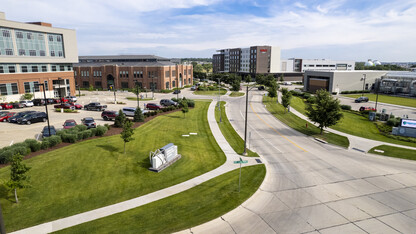· 3 min read
Study provides empirical answers about multiethnic experiences

The number of people with multiple ethnic or racial backgrounds is growing rapidly, according to the U.S. Census Bureau and Pew Research Institute, surpassing the population growth of individuals with only one ethnic background.
Yet scientific understanding of multiethnic and multiracial life experiences and outcomes remains limited. A new study by University of Nebraska-Lincoln communication scholar Jordan Soliz provides research-based insights on how a diverse background shapes a person’s identity and interactions with other people.
“There are a lot of misconceptions with very little empirical work to guide practitioners, teachers, counselors, scholars on this population,” Soliz said.
Soliz, associate professor of communication studies, identified several benefits and challenges associated with multiethnic-racial backgrounds in interviews he and his colleagues conducted with 29 adults, whose ages ranged from 18 to 52.
“There’s still this idea out there that if you have a mixed background, you’re automatically destined to have problems with understanding who you are and being marginalized from groups,” Soliz said. “But that’s not what we found.”
Many multiethnic-racial individuals have a strong sense of self, the researchers found. Because of their connections to different races and ethnicities, participants also have an awareness and enhanced understanding of others’ experiences.
“It expands your vision and your perception about the human race as a whole,” Valeria, a 52-year-old study participant, said. “You have a deeper understanding of the behavior that is discriminatory and also that of the people who are discriminated against.”
Soliz said this pluralistic view of the world was the most frequently occurring benefit found in the study. In addition, participants reported that they benefit from their physical appearance and their ability to shift identity among different groups.
However, identity also was described as a challenge. Study participants discussed feeling disconnected in some situations because of how others perceive them. For example, Olivia, a 23-year-old participant talked about feeling a need to alter her speech style based on the people she was with.
“It’s all about shifting your communication styles to fit with the group with whom you are,” she said. “So when I’m with my mom I may be the dark person in the room but I don’t sound like it and my speech style changes when I’m with my dad and my aunt.”
The study also found society itself adds a layer of difficulty for multiethnic-racial individuals because of misconceptions and lack of knowledge regarding diverse backgrounds and an absence of recognition for people with mixed backgrounds.
“I’d say for the most part the biggest challenges have been paperwork ones… because it was frustrating not to be allowed to be me,” Britney, a 20-year-old, said.
This absence of recognition also means there is a dearth of role models, according to the study.
Soliz said the research is important for helping those who work with diverse groups of people to understand better the distinct experiences of being multiethnic.
“The research shows this is a unique experience and that we can’t assume that what we know about the general population really applies to individuals with mixed heritage because they’re navigating a variety of different worlds,” he said.








